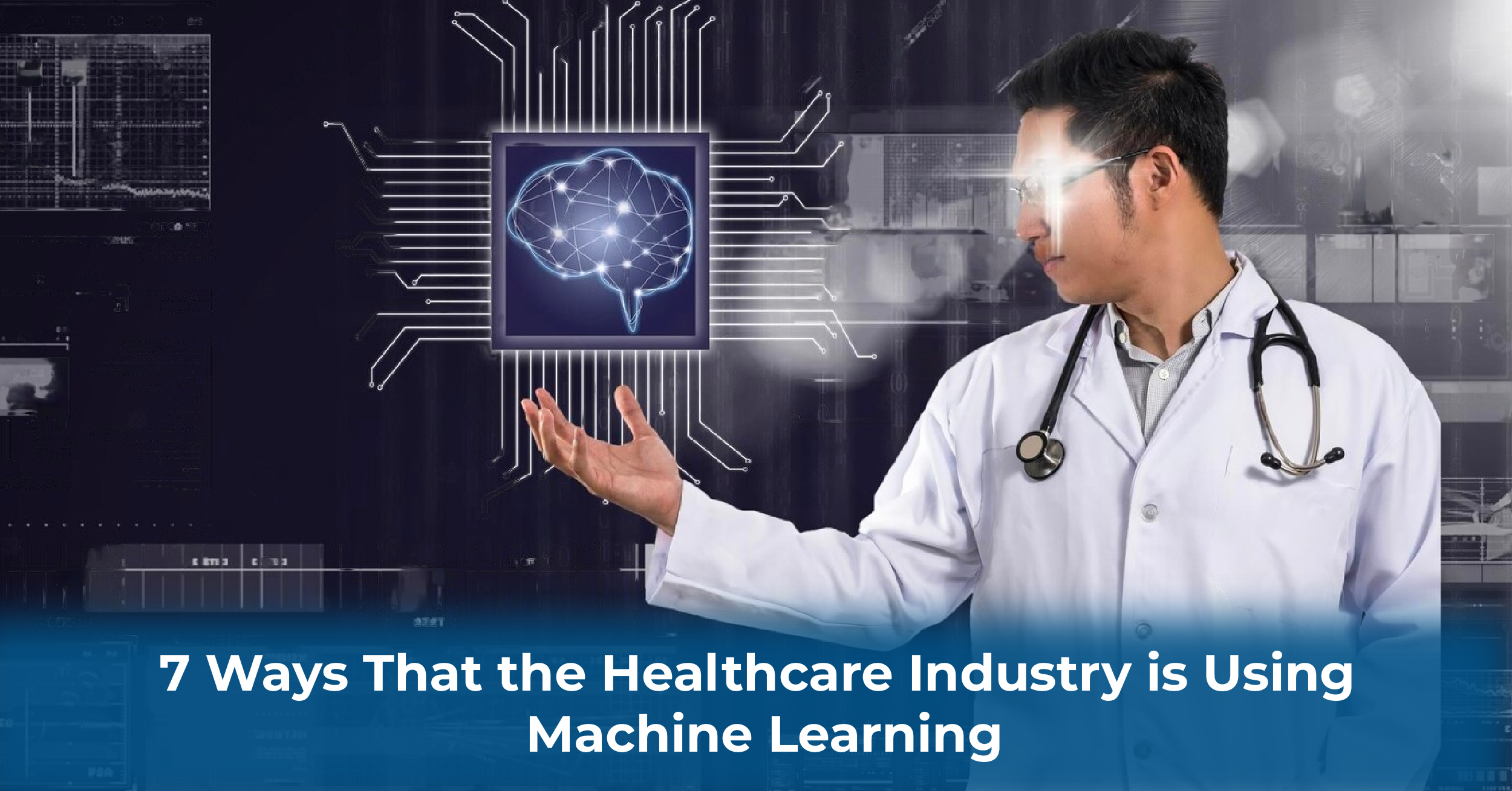Blog
Applications of Machine Learning in Healthcare
November 4, 2022
Posted by: DevDigital
In the healthcare field, machine learning algorithms and their products have the potential to dramatically change how hospitals, pharmacies, pharmaceutical companies, and behavioral health clinics operate. Machine learning (ML) has many potential uses, though exploiting the potential of ML takes some specialized knowledge, and usually an investment in custom software development as well. First, it might be valuable to have a brief review of what ML is and how it relates to the more-familiar topic of artificial intelligence.
A Few Notes on Artificial Intelligence and Machine Learning
Artificial intelligence is about creating software or robots that can gather information from their environment, analyze that information, and change behaviors. While we often think of artificial intelligence research as an effort to mimic human-like thinking, this is not really relevant. The point is to create systems that can recognize patterns, make decisions, and design things. Those are activities we associate with intelligence.
Machine learning is a way to create software that can recognize patterns, solve problems, and respond the changes in the environment. Machine learning is about “teaching” machines how to solve problems using an algorithm. It is an application of artificial intelligence that uses various techniques to analyze data and use the results to improve how well a machine, or a piece of software, can handle a repetitive task. In other words, machine learning is about teaching computers to be better at certain tasks.
The program or robot may be taught by using sample inputs (data, images, handwriting samples, etc.) and the expected outputs to teach a system how to respond correctly: an approach called supervised learning. In unsupervised learning, there is no teacher and no example data; the system finds its own structure and rules as it goes. In reinforcement learning, the third approach to ML, the algorithm gets regular feedback as it tries to perform a task, such as steering a car through a simple obstacle course.
Healthcare Applications
Healthcare goes far beyond hospitals, so the potential applications of machine learning are far more diverse than a focus on medical care or hospital administration suggests. A hospital might want to streamline recordkeeping. A mental health provider might want a tool that supplies better, customized information to website visitors, based on a user profile or search activity or a combination of both.
Machine learning algorithms can be valuable in just about any task that requires seeing patterns, interpreting images, or analyzing inputs that are not simply in the form of numbers and text. You do not need ML algorithms to retrieve information from a patient database, but for any complex task that needs to be automated, ML might be the answer.
To generalize a little, the product of a machine learning project can be used for:
- Faster diagnosis of disease
- Discovering new drugs or streamlining drug manufacturing
- Reviewing medical images
- Conducting clinical research
- Creating “smart” patient records
- Crowdsourcing data collection
- Caring for elderly people and other vulnerable groups
- Supporting behavior modification
Some big players have launched healthcare ML products and services in the past decade or so. IBM’s Watson Genomics is one of the most famous. Its counterpart, Watson Oncology, offers ML-based personalized medicine. Google Cloud Vision API and MATLAB have teamed up to create a handwriting recognition program useful for collecting data from medical records. At least one company has developed a way to screen eye scans for signs of diabetic retinopathy. A behavior modification app that helps smokers stop and stay smoke-free may process reams of behavioral information on how users respond to the app to present better, tailored advice or support.
While ML developments promise to improve healthcare in many ways, including prevention, medical applications bring some significant challenges.
Challenges of Using ML in Healthcare
The technical skills that it takes to leverage machine learning are not easy to master. Aside from this fact, which is common to almost any enterprise-level software project, ML brings some specific challenges.
- Lack of quality data
- Bias in machine learning algorithms
- Building ML tools that are friendly to specialized medical and hospital procedures
Medical records often make a poor model for machine learning algorithms. This is not a matter of data quality exclusively. Sometimes key information is missing, but other times it was never asked for or handwritten notes and low-res images are parts of the record. Training a piece of software to know when someone needs to be in the hospital versus treating themselves at home is difficult if the model has poor-quality data to “learn” from.
Bias in the “training” data may also introduce errors into the algorithm. Racial diversity is a classic example of this problem. For example, 95% of the dataset comes from white patients, so the algorithm produces decent recommendations for them. However, what if 20% of the patient population is not white? Their condition might be evaluated with much less accuracy, leading to medical emergencies when people who should have been hospitalized were not.
Machine Learning Has Multiple Uses
The opportunities to improve healthcare delivery and patient care, along with research and testing all make ML valuable. Organizations that wish to capitalize on machine learning will, however, need to face some challenges: the complexity of custom software development that machine learning entails. This enterprise software development work is often best left to a professional software development shop with a diverse skill set and deep experience in project management.
